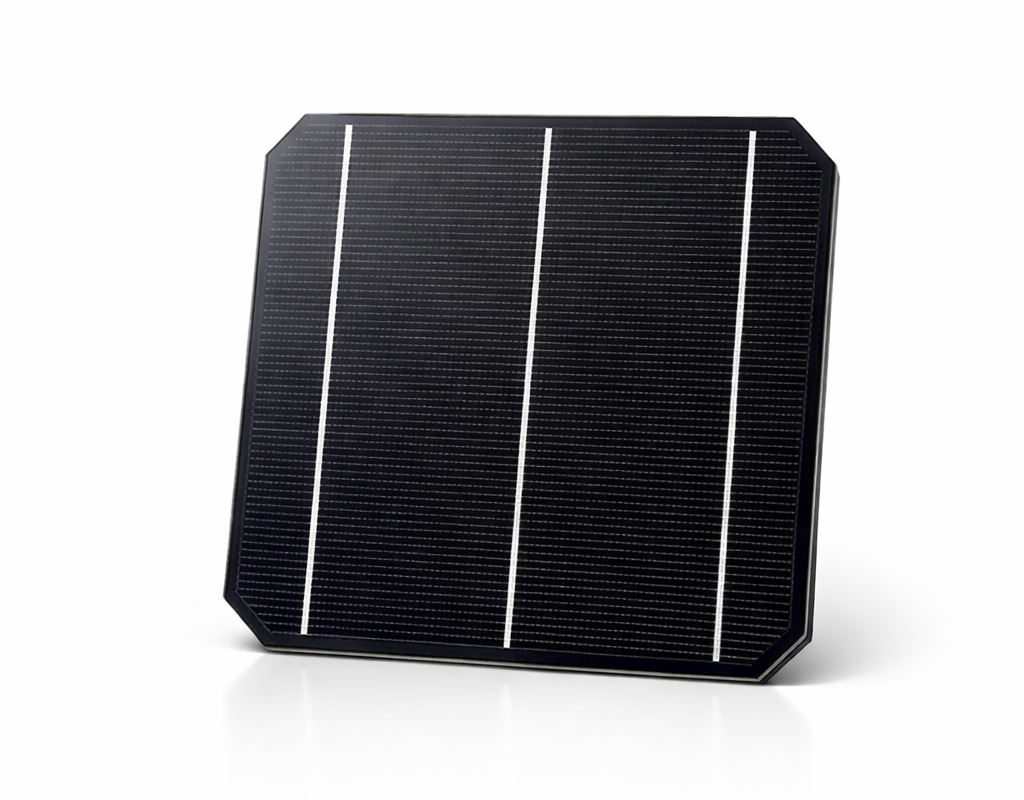The carbon price of around €50 per ton of CO2 emissions currently applied in the EU is running at a level respondents to an annual survey of businesses had not expected until next year.
Under the EU emissions trading scheme (ETS), businesses of a certain scale are permitted only a maximum volume of carbon emissions. If they cannot ensure their operations stay under that level, they can account for the overshoot by buying carbon allowances from firms which emit less than their annual cap, with the carbon price set by demand.
London-based financial data company Refinitiv said respondents to its annual carbon market survey, held in March and April, had not expected a carbon price of €50/ton until next year, and a majority of those polled said their companies were buying emissions allowances as a financial investment, rather than as a requirement, and that the bloc's carbon price had become “a decisive factor for investment decisions.”
Recovery
Refinitiv, which is owned by the London Stock Exchange Group and Canada-based newswire Thomson Reuters, said 63% of the respondents to this year's survey described the carbon price as decisive for investment, up from 27% as the emissions-allowance value plunged during Covid-19 lockdowns last year, and from the 52% of respondents who voiced that opinion in 2019.
With 61% of respondents citing investment, rather than compliance as the reason for purchasing carbon credits, some 68% said more ambitious climate change policies had become an important factor in the carbon price. The influence of anticipated policy levers was illustrated by Chinese respondents to the survey, who anticipate the steel industry will be the first sector to be added to a national ETS, or ‘cap-and-trade' system launched in China in January. Respondents to the Refinitiv survey anticipate the EU's plans for a carbon border adjustment mechanism – which would penalize goods with a high embedded carbon footprint – will prompt the Chinese authorities to move to include metals in the first expansion of an ETS which currently applies only to fossil fuel power companies.
Beijing opened the national scheme in January and is pushing for trading in carbon permits to begin before July. However, only 24% of the respondents to the Refinitiv survey believe that will happen. Some 65% of those who replied said trading is likely to start in the second half of the year.
Asked for their predictions about the U.K. cap-and-trade system which is due to start on Wednesday, respondents to the survey said they anticipated a similar carbon price to that seen in neighboring Europe, with half of them expecting the programs to be linked by 2025. Some 20% of those polled said they expect the EU and U.K. schemes to be tied as early as next year but, as survey lead author Anders Nordeng pointed out: “Linking will require a political treaty.”
A Refinitiv spokesperson told pv magazine 303 respondents to its online questions had supplied responses which informed the final report.
This copy was updated on 17/05/21 to reflect how many respondents participated in the survey.
This content is protected by copyright and may not be reused. If you want to cooperate with us and would like to reuse some of our content, please contact: editors@pv-magazine.com.




By submitting this form you agree to pv magazine using your data for the purposes of publishing your comment.
Your personal data will only be disclosed or otherwise transmitted to third parties for the purposes of spam filtering or if this is necessary for technical maintenance of the website. Any other transfer to third parties will not take place unless this is justified on the basis of applicable data protection regulations or if pv magazine is legally obliged to do so.
You may revoke this consent at any time with effect for the future, in which case your personal data will be deleted immediately. Otherwise, your data will be deleted if pv magazine has processed your request or the purpose of data storage is fulfilled.
Further information on data privacy can be found in our Data Protection Policy.